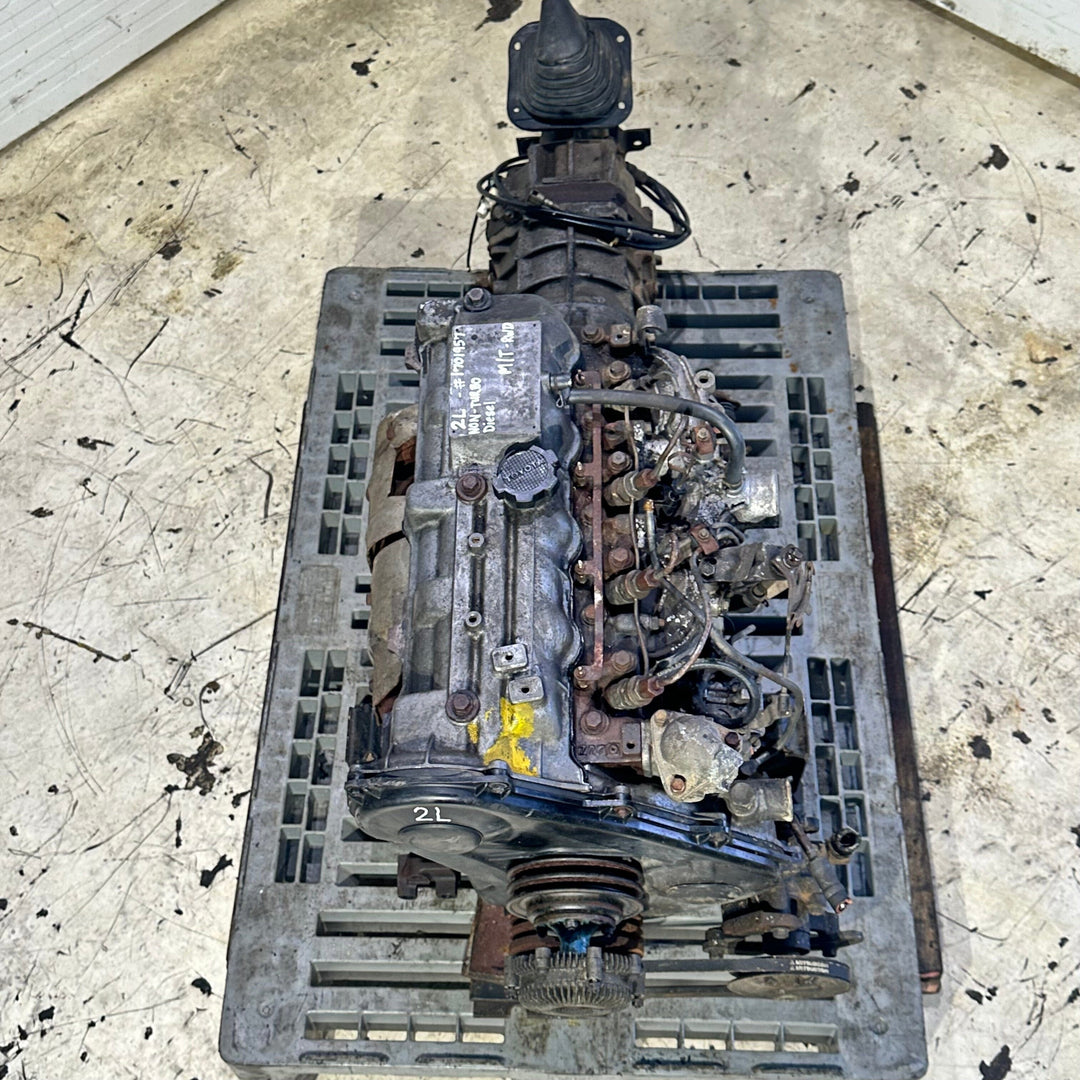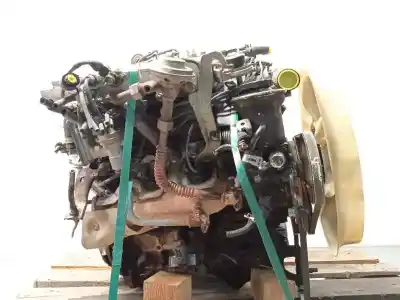Discover How the Toyota RunX RSI Excels in Efficiency and Comfort
Discover How the Toyota RunX RSI Excels in Efficiency and Comfort
Blog Article
Explore Top Quality and Value: Your Overview to Acquiring a Used Engine
When thinking about the acquisition of a used engine, comprehending the complex balance in between top quality and worth is vital. A detailed evaluation of engine reliability, history, and condition is essential to make certain an audio financial investment. By carrying out proper examinations and research, possible customers can navigate the intricacies of the market better. Nevertheless, the subtleties of service warranty alternatives and prices approaches can dramatically affect the overall decision-making process. As you consider these aspects, one question stays: what certain aspects will inevitably assist your selection in this vital financial investment?
Understanding Engine Types
When taking into consideration the purchase of a used engine, comprehension of the various engine kinds is crucial for making a notified decision. Engines can normally be categorized into 2 main kinds: inner combustion engines and electrical engines. Interior burning engines, that include gasoline and diesel variants, depend on the combustion of gas to generate power. Fuel engines are usually lighter and rev greater, making them suitable for efficiency lorries, while diesel motor are renowned for their torque and fuel performance, commonly favored in durable applications.
On the other hand, electric engines use electrical energy saved in batteries to power the automobile, using a cleaner option with fewer moving parts and reduced upkeep demands. Within these categories, there are even more distinctions, such as two-stroke versus four-stroke inner burning engines, and various electric motor arrangements.
Comprehending these distinctions is critical, as they impact performance, compatibility with existing car systems, and long-term functional costs. By acquainting oneself with the different kinds of engines offered, possible buyers can better analyze their needs and make choices that line up with their vehicle's demands and their individual preferences.

Reviewing Engine Condition
A complete evaluation of engine condition is paramount for any person taking into consideration the acquisition of a second-hand engine. Begin with a visual examination; look for indicators of oil leakages, rust, or any physical damage to the engine block. A tidy engine is commonly indicative of good maintenance techniques, while excessive crud might recommend overlook.
Next, assess the engine's components, including the timing belt, gaskets, and seals. Look for wear and tear, as these parts can be expensive to replace. Additionally, check out the engine installs, as damaged mounts might bring about vibrations and further mechanical concerns.
A compression examination is necessary to determine internal engine health. Uniform compression throughout all cyndrical tubes indicates a well-kept engine, whereas considerable inconsistencies might aim to internal damages or wear.
Listening to the engine throughout a startup can offer important understandings; any type of uncommon sounds, such as knocking or rattling, may recommend much deeper issues. Lastly, preferably, request an examination run to examine efficiency under load. By thoroughly analyzing these factors, possible customers can make educated decisions and secure a quality used engine.
Monitoring Engine Background
Understanding the engine's history is crucial for making a knowledgeable purchase. Expertise of previous usage, upkeep documents, and any past damages can considerably affect the engine's reliability and longevity. Start by asking for the automobile recognition number (VIN) or engine serial number, which allows you to trace the engine's background.
Utilize offered sources, such as Carfax or AutoCheck, to get a vehicle background record. This report will provide necessary understandings, consisting of accident history, solution records, and previous possession information. Toyota RunX RSI. Pay certain focus to any type of indicators of extreme damages or repeated repairs, which may suggest underlying concerns
Inquire concerning maintenance routines done on the engine. Normal oil changes, timing belt replacements, and various other preventative actions mirror responsible ownership. Furthermore, ask if the engine has gone through any kind of modifications, as non-standard modifications can affect efficiency and compatibility with your lorry.
Finally, when possible, useful site seek verification from a trusted technician who can examine the engine's condition based upon its background (Toyota RunX RSI). This complete examination will aid you guarantee and avoid potential mistakes that your investment is audio and beneficial
Warranty and Return Policies
Getting a pre-owned engine typically comes with varying guarantee and return policies that can significantly affect your decision. When taking into consideration an utilized engine, it is vital to completely assess the warranty choices provided by the vendor.

In addition, trusted sellers commonly supply paperwork that outlines the warranty and return process, making sure transparency. Always request for this information before settling your acquisition. A distinct service warranty and return policy can supply assurance and shield your financial investment, making it an indispensable component of the decision-making procedure when getting a pre-owned engine.
Finding the most effective Bargains
When looking for the finest bargains on a second-hand engine, it is critical to carry out comprehensive research study and compare prices from numerous vendors. Beginning by discovering on the internet marketplaces, vehicle discussion forums, and neighborhood salvage yards to gather an extensive understanding of the marketplace. Utilizing rate contrast devices can streamline this procedure, highlighting affordable rates throughout different systems.

Consider timing your acquisition strategically. Seasonal fluctuations sought after can influence costs, with specific times of the year providing better offers. In addition, be open to discussing costs; several sellers may want to lower their asking rate, particularly if the engine has been noted for an extended duration.
Verdict
In summary, buying a second-hand engine requires a detailed evaluation of top quality and value. Assessing engine condition via examinations and inspections, verifying its background, and understanding guarantee and return policies are vital actions. In addition, contrasting costs throughout different sellers ensures the most effective financial choice. By adhering to these guidelines, purchasers can enhance their opportunities of obtaining a dependable engine that satisfies their needs while staying clear of prospective risks associated with used acquisitions.
When considering the purchase of a second-hand engine, understanding of the different engine types is vital for making an informed decision. Engines can typically be categorized into 2 primary types: inner burning engines and electric engines. Gasoline engines are usually lighter and rev higher, making them appropriate for efficiency lorries, while diesel engines are renowned for their torque and gas performance, typically favored in heavy-duty applications.
A thorough evaluation of engine condition is paramount for anyone taking into consideration the acquisition of a second-hand engine. Begin by requesting the automobile recognition number (VIN) or engine serial number, which allows you to map the engine's background.
Report this page